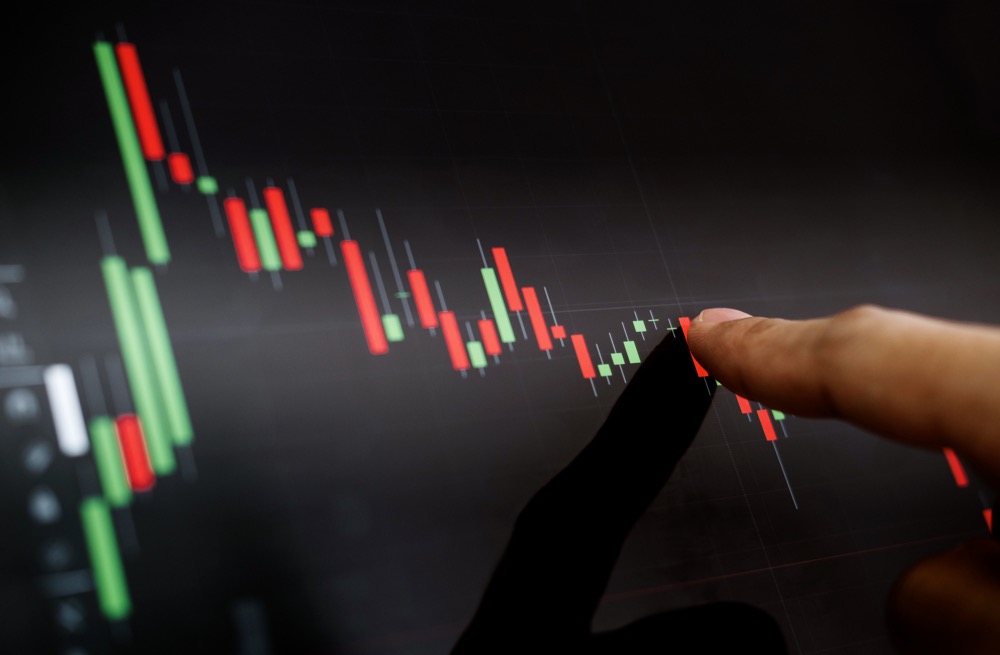If what goes up must come down, then does what goes down always come up?
Not necessarily, but it often works that way in the markets and in specific situations in the stock market.
Last year was a very weak year for global equities, so what will stock markets do in 2023? Will they bounce back given the big drop last year? Or will it be another down year with existing trends drifting lower as rising interest rates and high inflation take their toll? Maybe stocks go nowhere as the economy and investors work through all the issues facing the markets.
Read Also

AAFC organic research program cut
Canada’s organic sector says the loss of a federal organic research program at Swift Current, Sask., will set the industry back.
If we use history as a guide, we can at least see how markets reacted in the past and provide glimpses into the future. The first question is what typically happens the year after a big drop. How many times have markets fallen for two consecutive years?
Going back to the 1960s, the S&P 500 has fallen two years in a row only three times; once during the 1973 oil embargo and then twice following the 2000 dot com bust. Going back to the 1950s, the Toronto Stock Exchange Composite has recorded two consecutive years of negative returns four times.
In the few years that the S&P 500 declined 20 per cent or more, it gained in the next calendar year every time, with an average 27 per cent increase. Likewise, when the Canadian market had a big drop, it was up on average 12 per cent in the following year.
As we can see, it is rare for markets to fall for two years in a row and it often bounces back after a big drop. Trading history suggests 2023 should look better than 2022.
Political history also indicates that stock markets are set for a stronger 2023. In year three of the four-year presidential election cycle, as we are entering in 2023, the S&P 500 has increased about 80 per cent of the time with an average return of nearly 15 per cent. This makes sense, since presidents will focus on boosting the economy to help get re-elected. As a result, stocks tend to do well.
Each year equities will be affected by different things that have little to do with presidential politics but, combined with the fact that markets tend to rebound after a big down year, 2023 could be a good year for stocks. However, certain stocks and sectors will do better than others. Which ones?
It is often said that part of the market’s job is to surprise as many people as possible. And often a sector that has significantly over- or under-performed in prior years will go in the opposite direction in the following year or two, and vice versa.
Last year, only the energy sector was notably higher. Actually, energy shares have been the top performer for two years in a row. Meanwhile real estate, technology and consumer discretionary companies providing non-essential goods and services like appliances, cars, entertainment and luxury items, were down around 30 per cent last year.
Could we see a flip-flop in 2023 where these trends are reversed? Crude oil has been in a downtrend for about eight months and natural gas for six months. Maybe those weak physical commodity prices will start to infect energy company share values.
On a similar note, we have been inundated with negative news about the technology sector so perhaps those stocks will bounce back in 2023. In fact, technology indices are already up 13 per cent as of mid-February.
Likewise, real estate assets often go down when interest rates go up. Last year real estate stock indices were down 25 per cent in Canada and almost 30 per cent in the U.S. With this big drop last year, some of the traditional higher cash flowing real estate investments such as equities, REITs and their bonds are now paying six, seven and eight percent, or more, while you wait for capital appreciation.
Defensive sectors like utilities, health care and consumer staple companies that provide the necessity items we need every day, held up well last year. Could they be ignored this year as money moves into other more beaten-down sectors?
Bottom line, it is rare for markets to fall for two years in a row but each year equities will be affected by different factors. Markets tend to rebound after a big down year and combined with the strong third year of the presidential political cycle, history suggests 2023 could be a good year for stocks.
Remember though, history is a guide, not a guarantee and we could be surprised by what the marketplace delivers this year.















